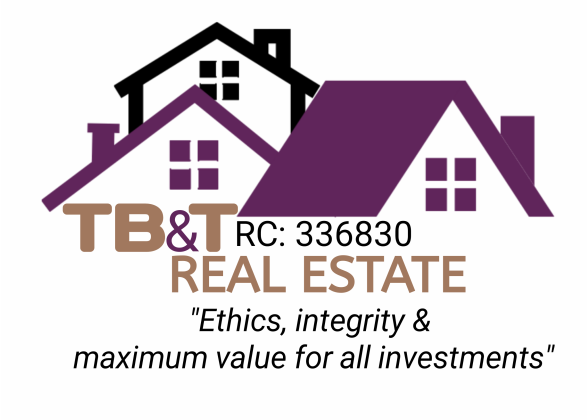Real estate remains one of the most rewarding investment opportunities in Nigeria. But not all properties appreciate at the same rate. While some land or buildings double in value within a few years, others stay stagnant for long periods — or worse, lose value.
So what makes the difference?
In this post, we’ll explore key factors that influence property appreciation in Nigeria — and how you can use them to make smarter investment decisions.
1. Strategic Location
You’ve probably heard the phrase: “Location is everything.”
That’s because it truly is.
Properties located in urban centers or fast-developing areas tend to appreciate more quickly. Areas with close proximity to business districts, airports, markets, seaports, or major roads often experience increased demand — which drives up prices.
Hot zones in Nigeria include:
- Lekki, Ajah, and Ibeju-Lekki (Lagos)
- Gwarinpa and Wuse (Abuja)
- Port Harcourt GRA
- Asaba and Awka new development zones
2. Government and Private Infrastructure Projects
When government or private developers begin major infrastructure projects in an area — like expressways, rail lines, airports, free trade zones, or industrial parks — property prices often surge.
For example:
The construction of the Lekki Deep Sea Port and Dangote Refinery has dramatically increased land value in the Ibeju-Lekki axis of Lagos.
Why it matters: Infrastructure attracts people, business, and development — all of which push property values up.
3. Title Documentation and Legal Security
Property with proper documentation appreciates more quickly because buyers know it’s legally secure.
Examples of valuable title documents include:
- Certificate of Occupancy (C of O)
- Governor’s Consent
- Gazette
- Registered Deed of Assignment
Untitled land may sell for less initially, but it’s also riskier and harder to resell.
Pro Tip: Always buy land with verifiable titles or from developers who offer titles after purchase.
4. Development Within the Neighborhood
When an area starts attracting residential estates, schools, shopping centers, and healthcare facilities — its value rises.
Why? Because these developments make the place more livable, convenient, and secure.
People are willing to pay more to live or invest in areas where roads are tarred, power supply is stable, and basic services are close by.
Look out for:
- New housing estates
- Paved roads and street lighting
- Access to clean water
- Power infrastructure (like transformer installations)
5. Demand and Market Trends
The more people want to live or invest in an area, the more valuable properties become.
Population growth, urban migration, security, and job availability all contribute to demand.
For example:
After the tech and startup boom in Lagos, areas like Yaba and Surulere saw increased housing demand, which led to higher property values.
Tip: Follow market trends, migration patterns, and future urban expansion plans.
✅ Bonus Tip: Buy Early, Buy Smart
One of the best ways to maximize appreciation is to buy land early — when the area is still developing and prices are low.
Over time, as infrastructure and population grow, so will the value of your property.


